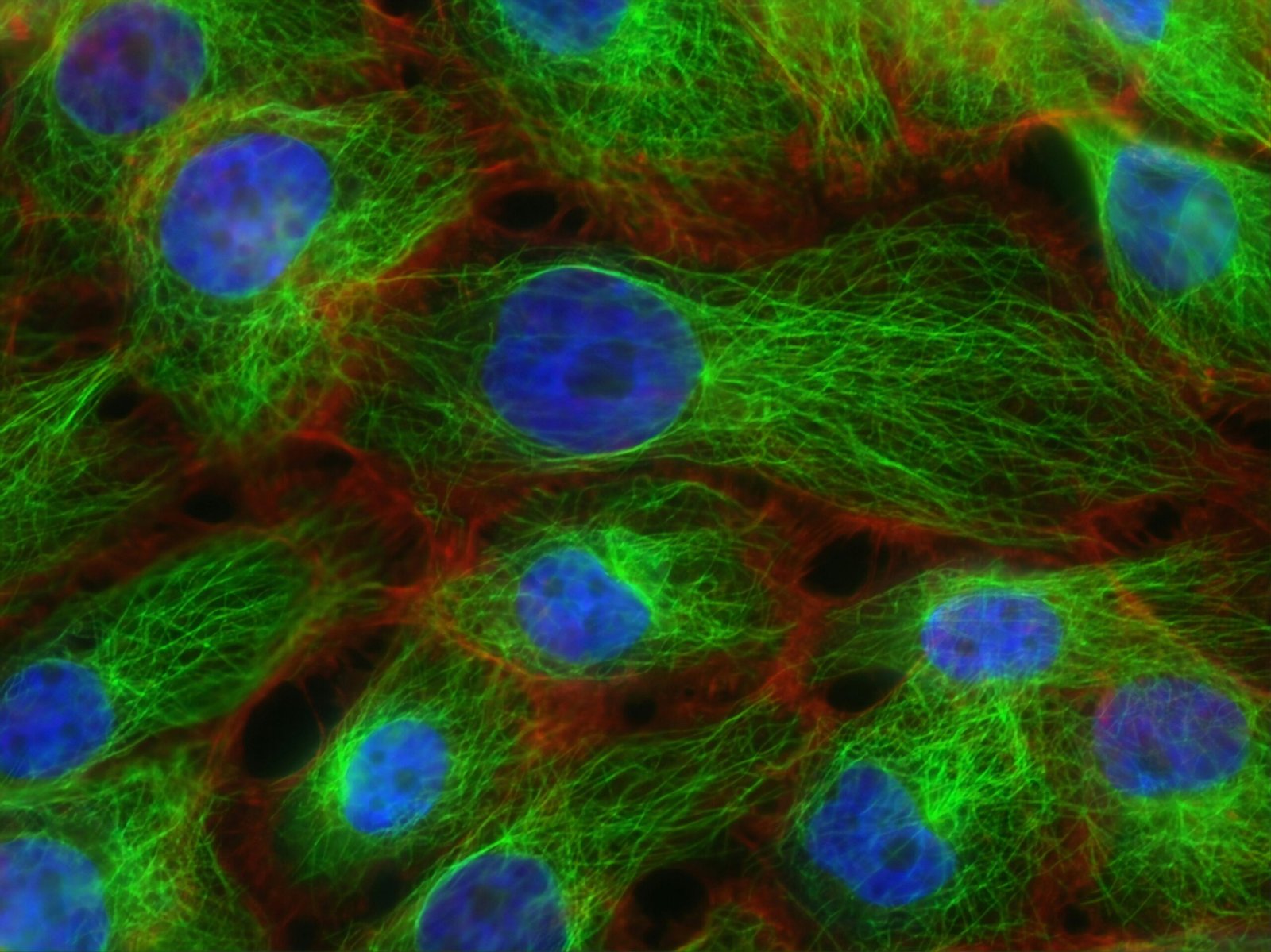Introduction to the Science for Global Challenges
The final syllabus of the Science for Global Challenges outlines a comprehensive framework aimed at addressing crucial global issues. This initiative is designed for students and professionals alike, encouraging an understanding of scientific principles as they relate to real-world problems.
Key Components of the Syllabus
The syllabus encompasses various essential topics, including climate change, sustainability, and biodiversity. Each section is meticulously crafted to foster critical thinking and problem-solving skills. Moreover, it emphasizes interdisciplinary approaches, integrating environmental science, social studies, biology and physics concepts.
- Understanding the Green Energy
- Understanding the Geology and Ocean Current
Exploring the Geological History and Ocean Currents: Their Impact on Global Climate Regulation
- Understanding the Evolution
The Dual Forces of Change: Understanding Evolution through Natural and Artificial Selection
- Understanding the Wind patterns
- Evolution of Vaccine
- Understanding Solar cells and photoelectric effect
- The interplay of Science, Politics, Social Sciences and Wars
The Interplay of Science, Politics, and Social Systems: The Role of Wars
- The Human Physiology limit
- Nano technology
Nanotechnology: Transforming Medicine, Food, Computational Systems, and Energy
10. Navigating the Intersection of Technological Progress and Ethical Constraints
Navigating the Intersection of Technological Progress and Ethical Constraints
Implementation and Impact
By following the final syllabus of the Science for Global Challenges, educators can inspire students to actively participate in finding innovative solutions. The practical applications of the syllabus ensure that learners can translate theoretical knowledge into actionable strategies. As we adapt to the evolving landscape of global challenges, this syllabus serves as a vital educational tool in nurturing informed and proactive citizens.
For Powerpoint Presentations
https://drive.google.com/drive/folders/12C6S0vOh8bS9D88Iqf9jiQwYj0FaX6wY?usp=drive_link




